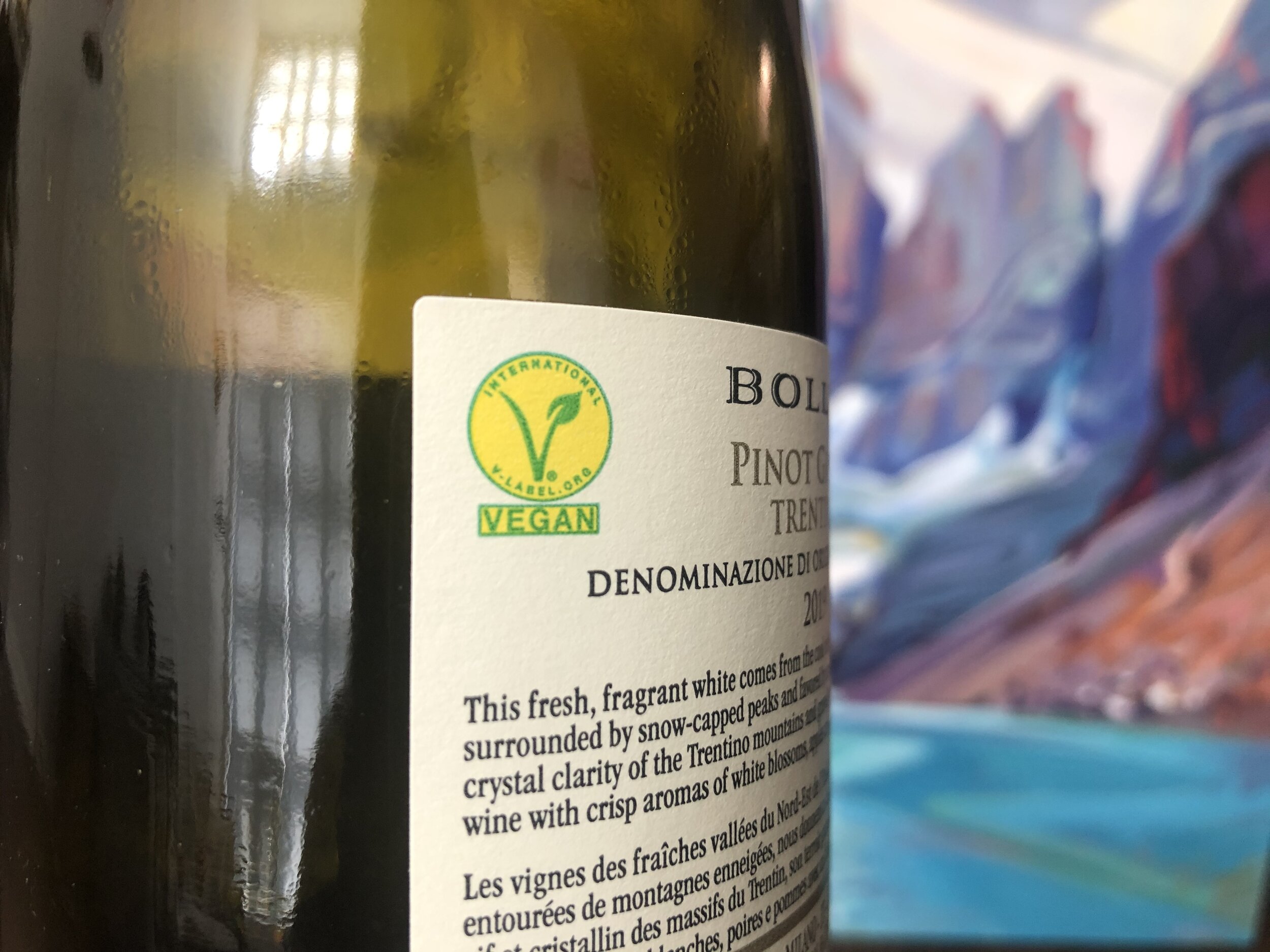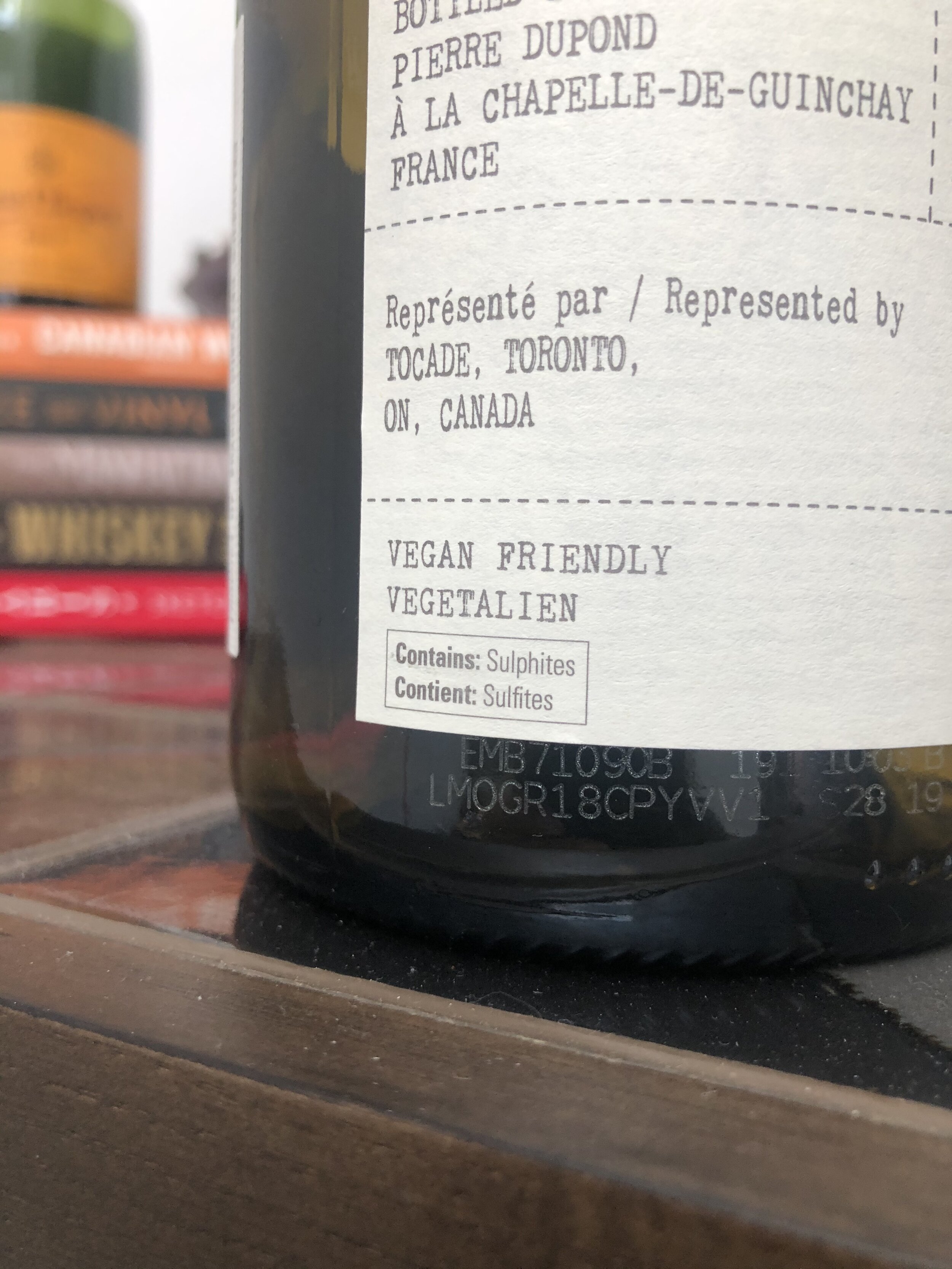What is a Vegan friendly and Vegan certified wine, anyways?
Isn’t all wine Vegan? Huh?
It’s easy to think that wine is just fermented grape juice – how on earth could it not be vegan, right? But there are ways in which a wine can become non-vegan friendly; and this happens in the production process.
In the production of wine making, wine can go non-vegan in a few ways.
There are processes called clarification and stabilization which essentially to get rid of yeast, sediment, small bacteria, tartrates, and proteins, among other things. This occurs after fermentation to create clear-looking wine. A lot of the agents used in these processes can actually be animal by-products. This includes fining agents that are used to soften or reduce astringency and or bitterness in a wine. These agents may also be used to remove proteins capable of haze formation and reduce colour browning in a white wine.
So, what are these non-vegan friendly agents you ask? They can range from bone marrow, animal blood, milk protein, shells, eggs whites, gelatin and fish bladders. Wild, right? We’re lucky to see now that vegan-friendly filters and fining agents have been identified and can be used during these processes. They range from carbon and bentonite clay to limestone and pea proteins. A winemaker could also just rack the wine (let gravity do the work), but this will, of course, take more time which also means more costs.
And now for the actual definitions of these terms:
Vegan Friendly Wines
This is a wine that is made in the winery without the use of any animal products whether that be in the fining or filtering of the wine (so no egg white or gelatin). With this term, there really only is a focus on the production process for wine and not the practices used in the vineyard, labeling and so on. Here, you really need to know the winery and ask which (or if all) wines they produce would be considered vegan-friendly.
Vegan Certified Wines
This would include production processes but can also include practices in the vineyard and in packaging. Wineries would be certified by a third-party audit and display the certification on the bottle. While this is quite new, more wineries are getting on board and interestingly enough, Italy is actually the currently a leader in this.
There are several certifying bodies such as Bev Veg, V label, and VegCert, but remember these are all pretty new and not regulated by the USDA/FDA. So while they’re not regulated, per say, it’s definitely a step in the right direction and helpful to people looking for these wines!



